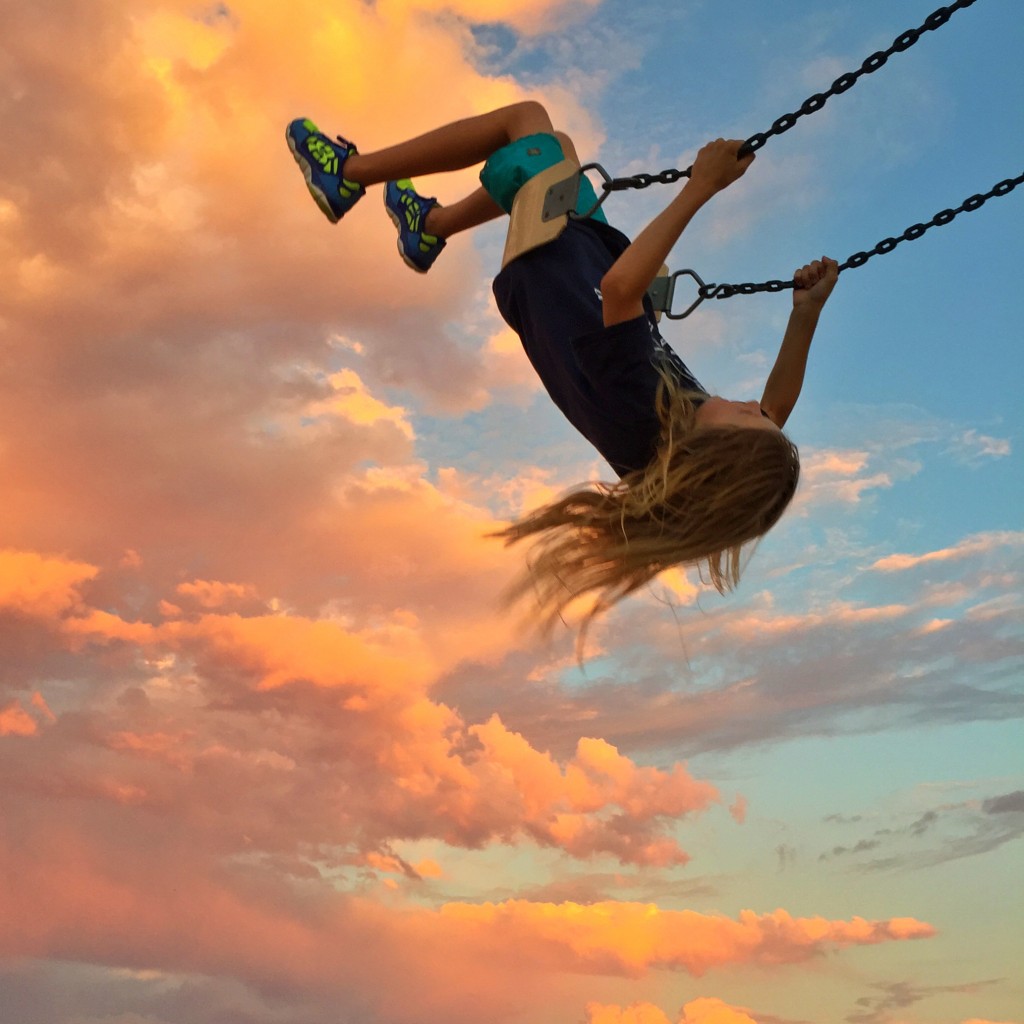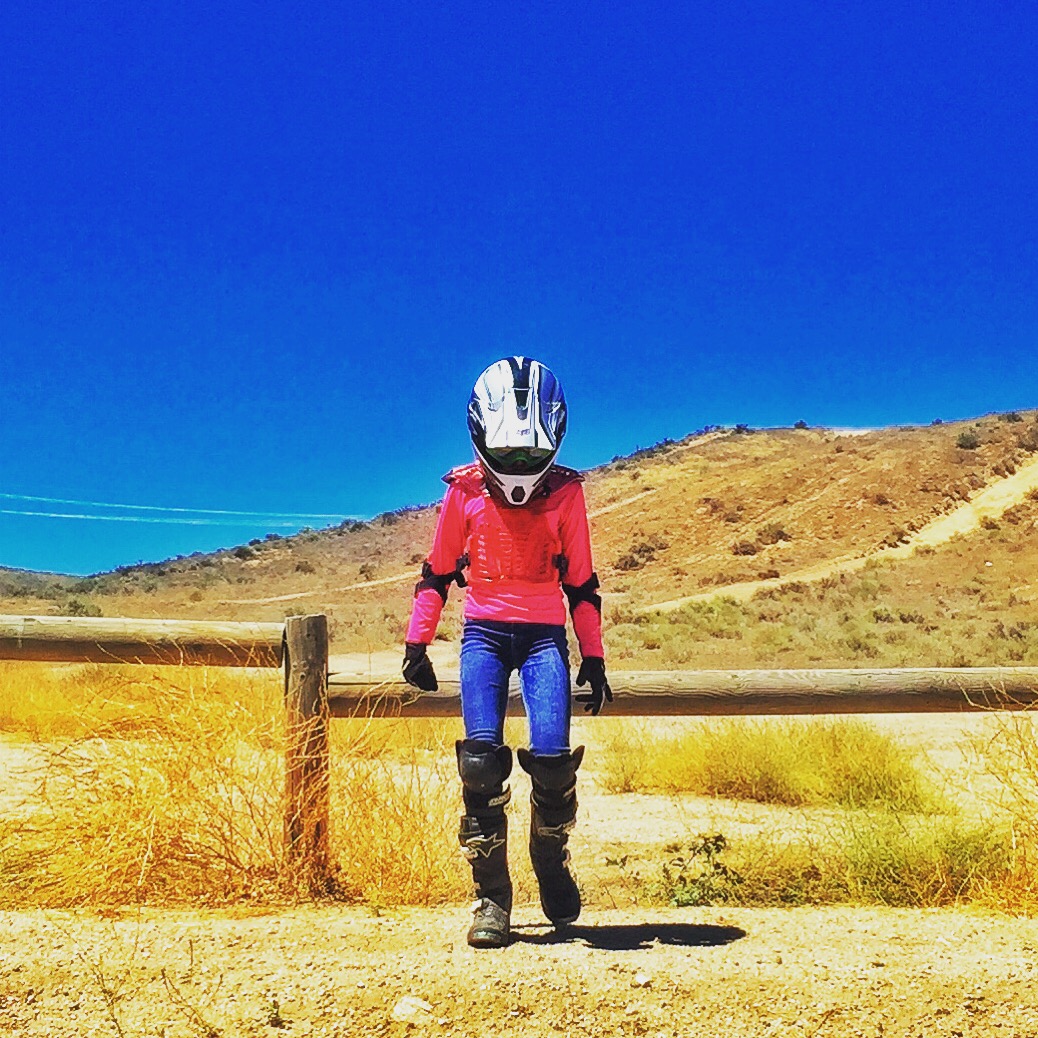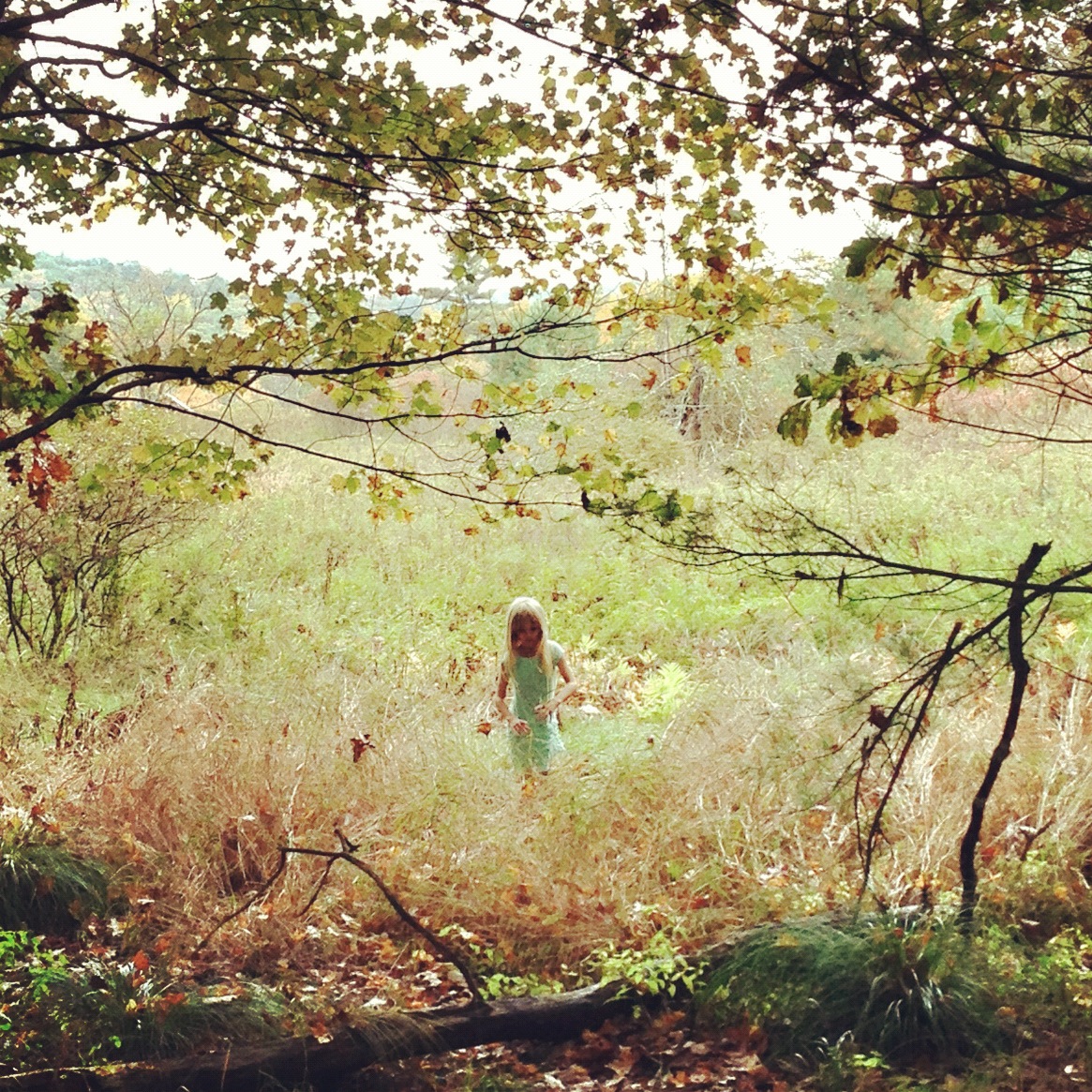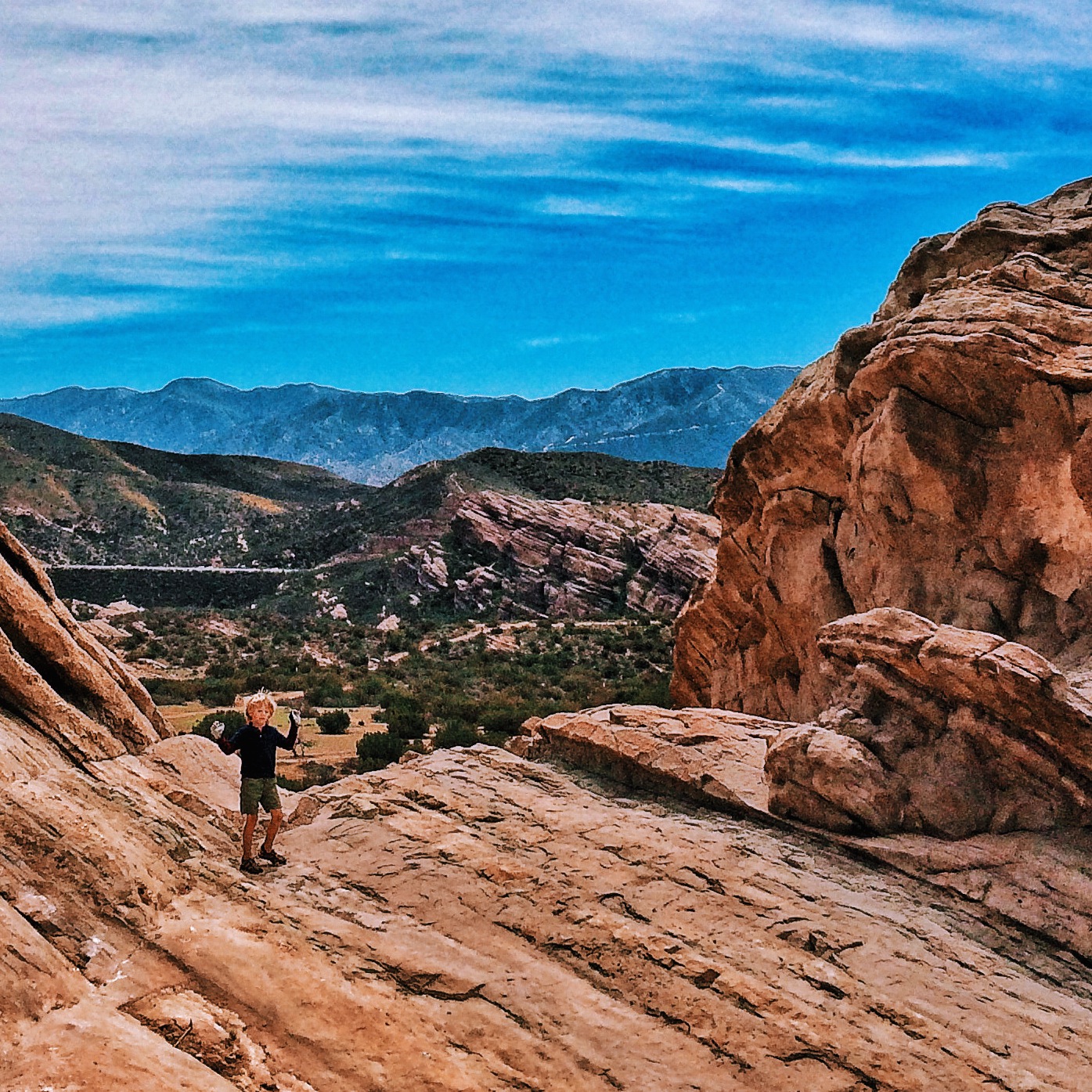It’s been about seventeen days now.
They left two weeks ago Monday, on the Monday that I decided to call the doctor about the new lump in my breast. That week contracted in time; I couldn’t tell you now, without looking at my calendar, what happened on which days. I only know that I went into Urgent Care on Monday evening and by Friday I had been poked and prodded and scanned and rescanned and pricked and cut and delivered into the weekend with a diagnosis of ‘benign.’ It’s been 12 days since I received that diagnosis, after which I turtled into a dark corner and tried to not think about death anymore. But they were gone for those 12 days, and are gone still.
In the first five days, in that week that contracted in time, I was glad that they were gone, mostly. I had some dark moments of worry: what if this was an aggressive, late-stage cancer? What if I was too late? What if I died before they came back? This sounds absurdly dramatic now, I know, but it seemed painfully realistic at the time. I had a lump. It was painful. The doctors were doing that thing with their faces and their voices that told you that they didn’t like what they were hearing, seeing, touching, scanning. Serious doctor faces. Serious doctor voices. I knew that I had cancer. I knew it. I knew that the bogeyman from last year had taken form and forced himself out of the dark and into the lived bright spaces of my real life. I knew that he was there; I could see him, I could feel him. The only question was, would he kill me?
It was a question that I wouldn’t have wanted to be asking myself with my children nearby. I was glad that they weren’t there to witness it. But I still felt their absence, as a dull, heavy pain that didn’t live in my heart so much as it did in my gut. My stomach hurt, missing them. My heart was busy being afraid.
It was only afraid for those five days, for the most part. The bogeyman that I knew was there, wasn’t. It had never been the bogeyman; it was a mouse, or some such, something small and insignificant, something that isn’t scary at all but that still makes noises that seem sinister in the dark. Annoying but harmless, end of the day. It won’t hurt you, honey, but of course you don’t want to live with it. They used sharp things to get it out.
I can’t say that I settled immediately into relief when it was gone, when the lights were turned on and the house made bright. Nothing to see here. I was still unsettled; there are many closets in my house, many nooks and corners and dark places, and who knows what lurks there? A bogeyman had emerged from one corner – I had seen him, I had touched him – so why shouldn’t another appear? When would another appear? The dark corners look darker now. It might not be a mouse next time. And there will come a time when the darkness overtakes everything, and that’s that. One day, the lights won’t come on.
Five days, six days, seven days. It got dark; I got dark. I hid for a while (one more day, then two, then three) and tried to not think about my family being gone. It was better that way, but still.
The thing about being alone in that way is, you get used to it. We live up against the mountains – you can see the city of angels below us, but we’re not of it, we’re above it, and it’s quiet. It’s very dark at night, because there are no streetlights. In the backyard, if you lay down underneath the cedar or the juniper or the orange tree, you can almost trick yourself into thinking that you’re somewhere very far away from civilization. And you can go days without seeing anybody if you don’t leave your house. I didn’t leave the house. I got used to it.
The news about them being stuck in Canada had come sometime in the first rush of tests and scans, and I chose to set it aside as something fixable, something that could be put on the shelf to come back to, because you can always come back to it, you can come back to it when your attention isn’t divided and – with the proper attention – consider it and analyze it and solve whatever problem it contains. But once the activity died down and the noise of the fear subsided and I was alone, and getting used to being alone, and it was time to turn to that shelved problem, to turn my attention to it and go there now, what do we do with you? it felt bigger than it had when it first appeared. Which is right, of course, because so many things seem small when you think that you are going to die, but it nonetheless remains that once you have been reassured that you are not going to die (yet) the hitherto small thing becomes big and then you have a big thing to grapple with. You probably don’t want a big thing to grapple with at that point. I didn’t.
But there it was, sitting there, this problem, this problem that meant that my family wasn’t there and couldn’t be there and I would be alone for some time, for whatever amount of time. And it wasn’t even something I could solve, really. I couldn’t solve it because some things just defy ‘solving’ (government bureaucracies specialize in these) and because even to the extent that there was anything to do, I couldn’t do it, because I was in the wrong country, in the wrong place, alone. Which meant that I just had to live with it, this problem that imposed itself like a presence at the same time as it manifested as an absence (of my family), and deal with it, day by day by day.
So I did. As I said, the thing about being alone, is that you get used it. It kind of wraps itself around you; it encases you and insulates you, such that when you do go out into the world (there are still groceries to buy) you still feel alone. Not just alone: distant. Like every voice you hear is from across the room. Phone calls – the work calls, conferenced discussions that feed directly into your ears through little white wires – feel remote, disconnected. The Facetime discussions with your kids are a little different – a little – but the visual connection underscores the distance: you can see that the light is different where they are. The brightness is different; so are the shadows. And inevitably they pull back to show you something – there’s a dog here, Mommy! Three dogs! – and there they are, at home in some place that is not their home, not your home.
But you get used to it. I got used to it. I didn’t just sit in the dark, alone, with my cats (although I did do that, sometimes.) I read books (The Goldfinch, Not That Kind of Girl, The Body Artist, Grace: A Memoir). I watched HBO Now (Girls) and Hulu (Inside Amy Schumer). I worked. I browsed Nordstrom Rack and Gilt and filled cart after cart without buying anything. I bought too much on Amazon (Alexa Chung’s It; Lynda Barry’s Syllabus; Roxane Gay’s Bad Feminist.) I wrote, although not as much as I’d have liked. It was hard to write, in those moments that I did sit down to do it. The dark corners felt closer when I was writing. You can understand that, probably. You can see it right here: this writing, the words in this piece, are very aware of those dark corners. I’m not even trying to push them back. I don’t mind them, not really. I’m used to them now. How else can you measure the days – how else can you count them? – if not by watching the movement of shadows, the advance and retreat of the light, the transition of darkness from place to place, from moment to moment, from day to night and back again?
I don’t know if those dark corners, those shadows, will get forced back when my kids are home. They get home Friday, which is two days from now, which will be nineteen days – twenty? – since they left. Twelve days – give or take – since I walked out of the valley of shadows; one day (maybe) from when I will have stopped saying things like ‘valley of shadows.’ They’ll get home and the dark corners will shift and I’ll stop counting the days of their absence.
The longer count will go on, though. It has to go on, until it doesn’t, but while it does, it does. Light to shadow, shadow to light, day to night to day.
Day by precious day.






